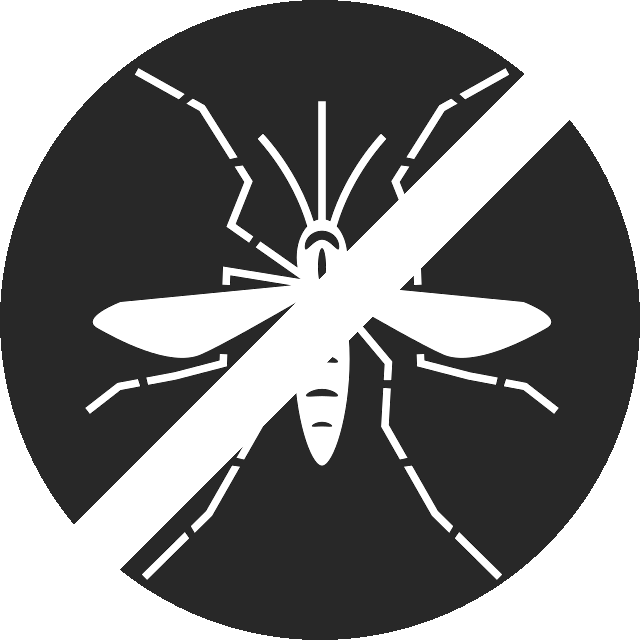Mosquitoes are highly prevalent in tropical countries, such as the Philippines, since they lay their eggs in wet humid environments. One species named Aedes Aegypti is a carrier of the Dengue virus, which is one of the most highly widespread viral infections in the Philippines. In 2022 alone, the World Health Organization recorded a total number of 224,477 dengue cases in the country — 184% higher than the records from the previous year.
To combat this, the Department of Health initiated a mass immunization program in April of 2016. The vaccine to be used was Dengvaxia, developed by the pharmaceutical company Sanofi. It went quite smoothly, with about 800,000 children vaccinated. But in November of the following year, Sanofi restricted the use of the vaccine to only those that have already been infected by the Dengue virus – stating that: vaccinating Dengue-naive people could make them more susceptible to severe infections.
Within a few months, allegations were being made that Dengvaxia was linked to the deaths of several children. This was extremely prominent in the social media platform of Twitter. Misinformation quickly spread through tweets that proposed their different takes on the vaccine, most relying on speculation and emotion. The topics discussed involved things such as the vaccine’s side effects, its biological causes, and of course, accusations about directly causing the deaths of children.
The hate it received worsened that the topic of Dengvaxia reached the status of a national scandal. People’s trust in certain government entities that supported the vaccine quickly plummeted. Vaccines in general were seen in a terrible light. This made it difficult to reintroduce the Dengvaxia vaccine to the country, despite it getting the approval from European and American authorities.
Hence, this project is launched to analyze the misinfomation tweets about Dengvaxia in Twitter.



